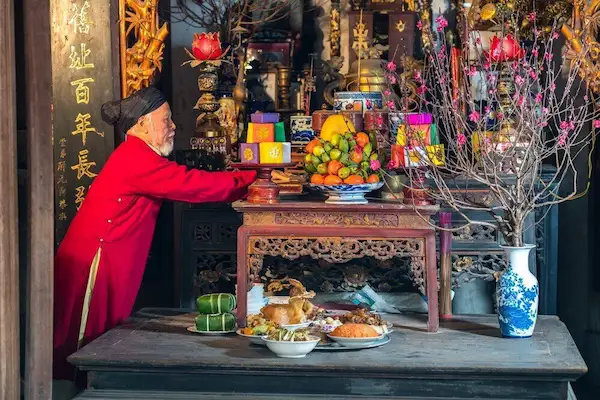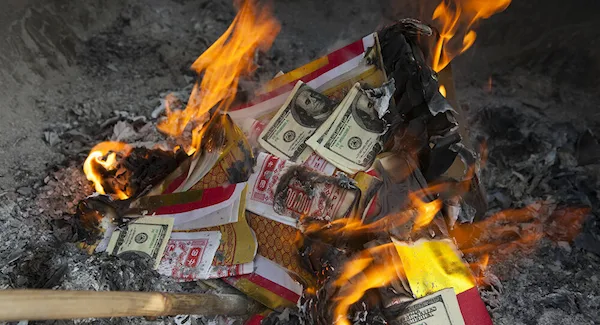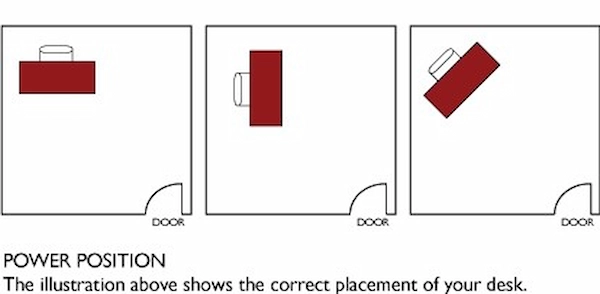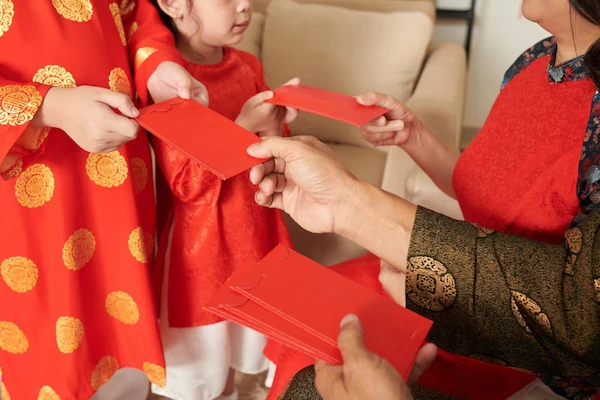Vietnamese Superstitions and Beliefs for Expats to Know
As an expat in Vietnam, you’ll quickly realize that superstitions and beliefs play a significant role in daily life. At Jobinvietnam.net, we believe it’s essential for foreigners to understand these cultural nuances to better integrate into Vietnamese society. In this article, we’ll explore some of the most common Vietnamese superstitions and beliefs that every expat should know.

Lucky and Unlucky Numbers
In Vietnam, certain numbers are considered lucky or unlucky. Here’s a quick breakdown:
| Lucky Numbers | Unlucky Numbers |
| 6 (represents prosperity) | 7 (represents death) |
| 8 (represents wealth) | 5 (represents loss) |
| 9 (represents longevity) | 4 (sounds like “death” in Vietnamese) |
When choosing phone numbers, house numbers, or even floor numbers in buildings, many Vietnamese people prefer lucky numbers and avoid unlucky ones.
Ghosts and Spirits
Vietnam has a rich history of belief in ghosts and spirits. Many Vietnamese people believe that the spirits of their ancestors continue to watch over and protect them. It’s common to see altars in homes and businesses where people offer food, drinks, and incense to honor their ancestors.

On the other hand, there’s also a belief in malevolent ghosts and spirits that can cause harm. Some Vietnamese people avoid certain activities or places that are believed to attract these spirits, such as:
- Whistling at night (believed to attract ghosts)
- Sleeping with your feet pointing towards the door (believed to invite death)
- Stepping over someone who is lying down (believed to cause bad luck)
Feng Shui
Feng Shui, the Chinese practice of arranging objects and spaces to promote positive energy flow, is also widely followed in Vietnam. Many Vietnamese people consult Feng Shui experts when designing their homes or businesses to ensure good luck and prosperity.

Some common Feng Shui practices in Vietnam include:
- Placing a mirror facing the front door to deflect negative energy
- Avoiding sharp corners or edges in furniture placement
- Using colors associated with the five elements (wood, fire, earth, metal, and water) in decor
Lucky and Unlucky Dates
In Vietnam, certain dates are considered more auspicious than others for important events like weddings, business openings, or moving into a new home. Many people consult the lunar calendar or fortune tellers to choose the most favorable dates.
For example, the 1st and 15th days of each lunar month are considered lucky for starting new ventures or making important decisions. On the other hand, the 5th and 30th days of each lunar month are generally avoided for these activities.
Food Superstitions
Food plays a central role in Vietnamese culture, and there are many superstitions and beliefs surrounding it. Here are a few examples:
- Noodles should not be cut, as they symbolize longevity
- Chopsticks should not be stuck upright in a rice bowl, as this resembles incense offerings for the dead
- Watermelon should not be eaten on New Year’s Day, as the red color is believed to bring bad luck
As an expat, you don’t need to follow all of these superstitions and beliefs, but being aware of them can help you navigate social situations more smoothly and avoid unintentionally offending your Vietnamese friends or colleagues.
Gift-Giving Customs

When it comes to gift-giving in Vietnam, there are certain customs and superstitions to keep in mind. Gifts are often exchanged during special occasions like weddings, birthdays, and holidays. It’s considered polite to present gifts with both hands and to avoid opening them immediately in front of the giver.
Some popular gift items include fruit baskets, sweets, and alcohol. However, there are also some items to avoid, such as clocks (which symbolize a limited lifespan) or anything black or white (which are colors associated with funerals). Wrapping gifts in red or gold paper is considered lucky, while black or white wrapping should be avoided.
One important thing to note is that gift-giving in Vietnam often involves a degree of reciprocity. If you receive a gift, it’s expected that you will give one in return at some point. This can create a cycle of gift exchange that helps to strengthen social bonds and build relationships.
To learn more about the intricacies of Vietnamese gift-giving customs for expats, click here.
At Jobinvietnam.net, we’re committed to helping foreigners navigate the complexities of living and working in Vietnam. If you have any questions about Vietnamese culture or need assistance with your job search, don’t hesitate to contact us via phone, Zalo, or WhatsApp. Our team of experts is always happy to provide clear and detailed advice to help you succeed in Vietnam.


